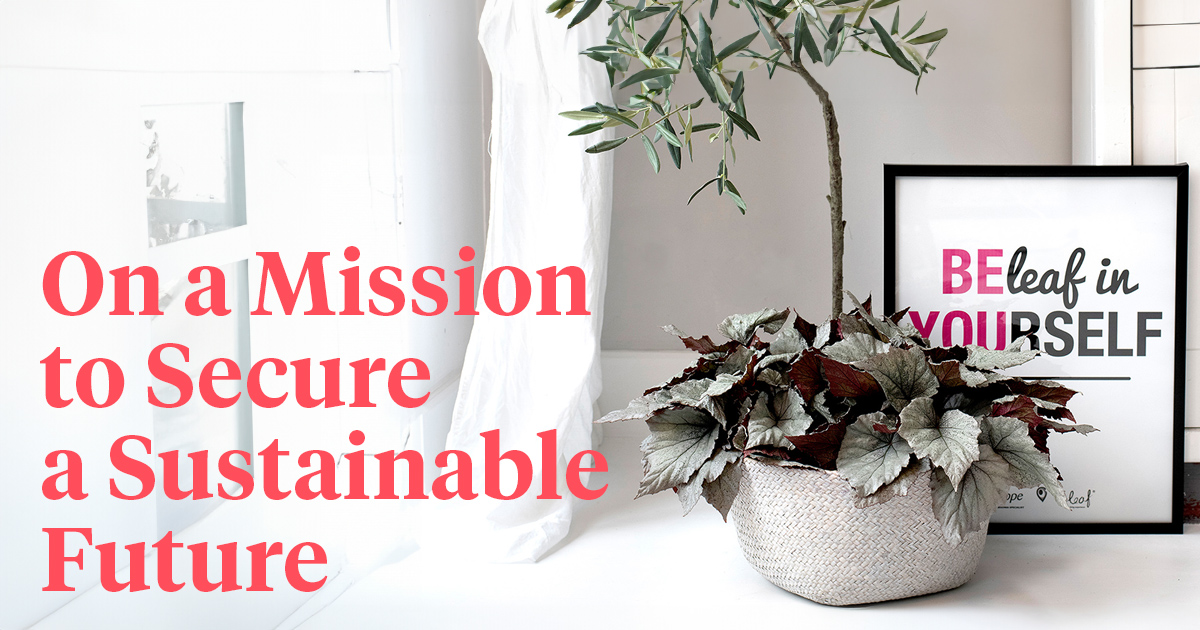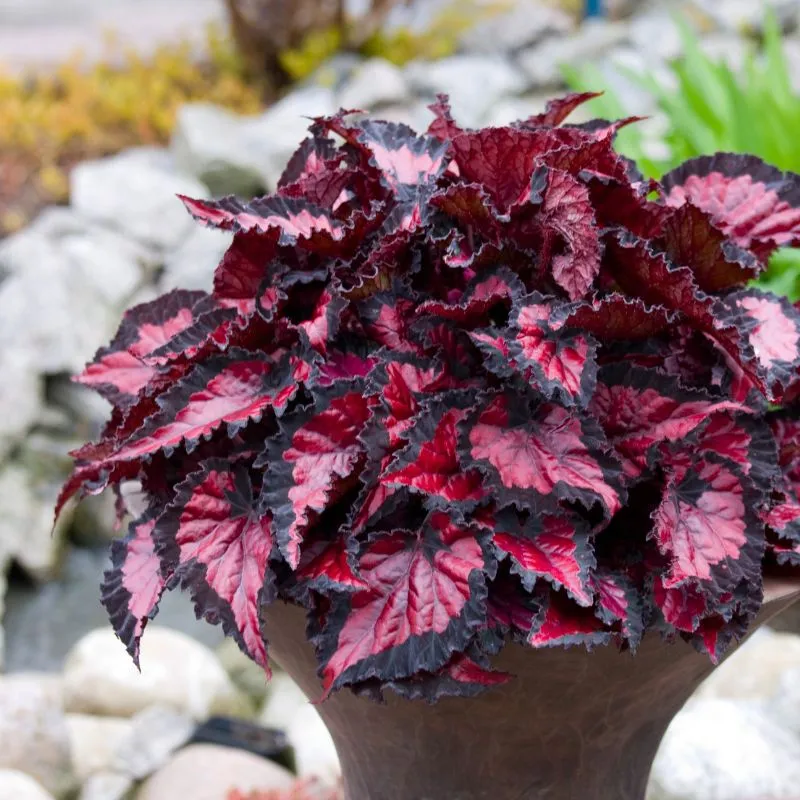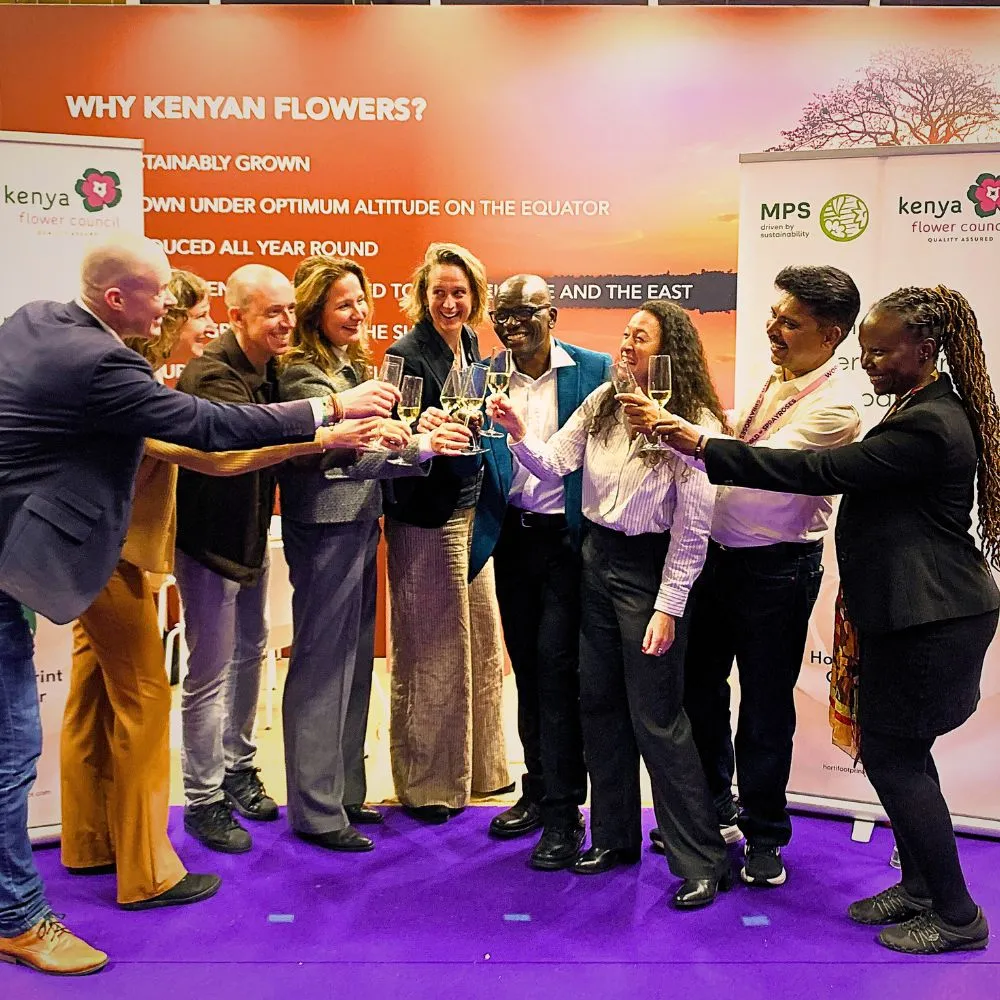In the world of begonia cultivation, sustainability is the name of the game, and Koppe Begonia has just raised the bar even higher. This renowned begonia breeder has recently achieved the coveted MPS-GAP certification, a significant milestone that showcases its commitment to sustainable practices and environmental responsibility. But what does this certification entail, and why did Koppe pursue it? This is Koppe's own story behind this achievement.
Why Pursue MPS Global GAP Certification?
Koppe has long been on a mission to secure a sustainable future for its begonias. Their journey has been marked by a continuous effort to minimize the use of pesticides, driven by the belief that begonia thrives best when chemicals are kept to a minimum. This eco-conscious approach aligns perfectly with the fundamental principles of the GAP certification.


Understanding MPS Global GAP
MPS-GAP serves as an entry certificate that opens doors to international retailers. To earn this certification, businesses must meet stringent criteria in areas such as traceability, environmental impact, crop protection, and recall procedures. MPS-GAP is benchmarked against GLOBALG.A.P. standards and meets the requirements set by FSI (Floriculture Sustainability Initiative). To be eligible for the MPS-GAP certificate, a company must be an MPS-ABC participant and hold a valid MPS-ABC qualification.

Koppe Begonia's Road to Certification
The decision to pursue MPS Global GAP certification was made early in 2023 by Koppe. Given their existing participation in the MPS program, MPS was chosen to conduct the audit. The first step was to meticulously document all internal procedures, a task led by the operational director, Koen Eidhof, with the assistance of the entire Koppe team.
The certification audit itself was a pivotal moment in the process, conducted at Koppe's locations in the Netherlands (Ermelo & Aalsmeer) on November 7, 2023, and in Portugal on November 21, 2023. Following the audit, some minor adjustments were made, leading to a well-deserved reward for their efforts.
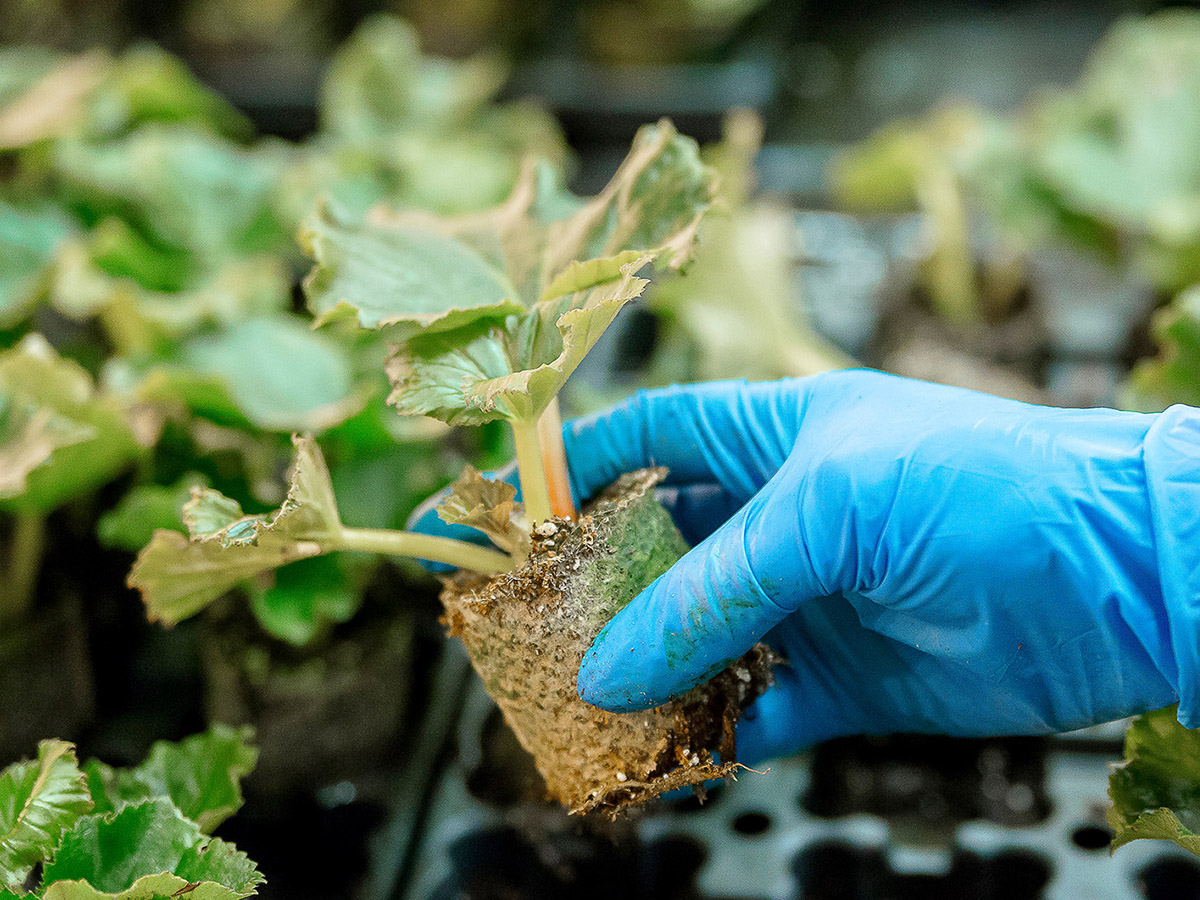
Impact on Begonia Production
The MPS Global GAP certification is expected to have a more significant impact on Koppe's production of begonia cuttings rather than breeding. However, it's worth noting that Koppe has been diligently working to reduce the use of plant growth regulators and crop protection chemicals by developing stronger and more resistant begonia varieties. This effort aligns with the certification's goal of minimizing the environmental footprint of begonia production.
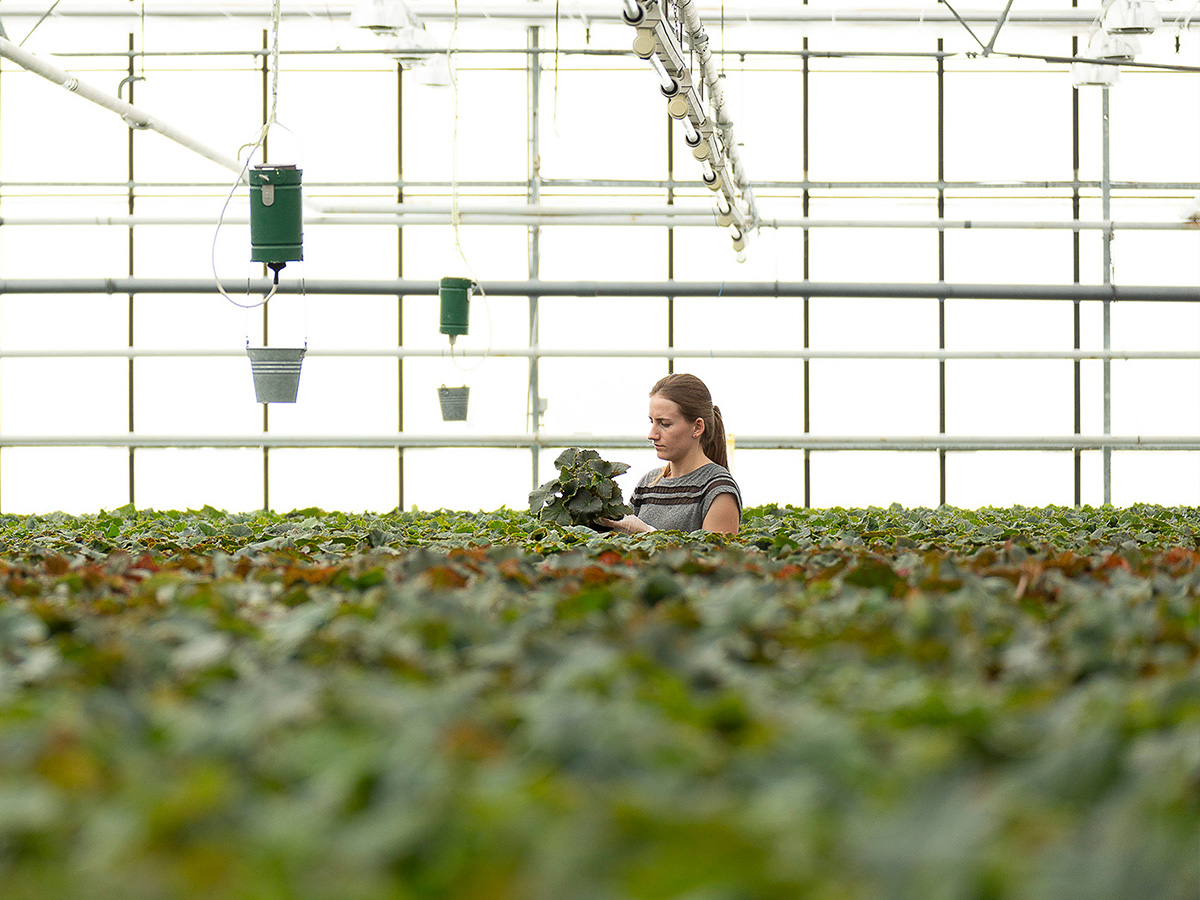
Benefits for Koppe and Its Customers
Koppe anticipates that the MPS Global GAP certification will help them maintain disciplined and organized processes to supply the highest quality begonias in the market. Moreover, the certification is expected to offer benefits to their customers, particularly growers, in their own certification processes, making Koppe a more attractive partner for retailers who sell begonia plants.

Koppe's Focus on Sustainability
The MPS Global GAP certification's strong emphasis on sustainability aligns perfectly with Koppe's commitment to leaving our planet in a better condition for future generations. As a company rooted in the lush green heart of Holland's Veluwe region, surrounded by national parks, Koppe recognizes its responsibility to tread lightly on the Earth and nurture a sustainable future.
You can clearly see from all the efforts that breeder Koppe Begonia has taken to be rewarded with the MPS Global GAP certification a profound dedication to sustainable practices in the begonia cultivation industry. This achievement not only strengthens its commitment to delivering high-quality begonias but also positions Koppe as a partner of choice for growers and retailers worldwide who share the same values of sustainability and environmental responsibility. Koppe's journey towards a greener and more sustainable future for begonias continues, and the world of floriculture is better for it.
All images courtesy of Koppe Begonia.


